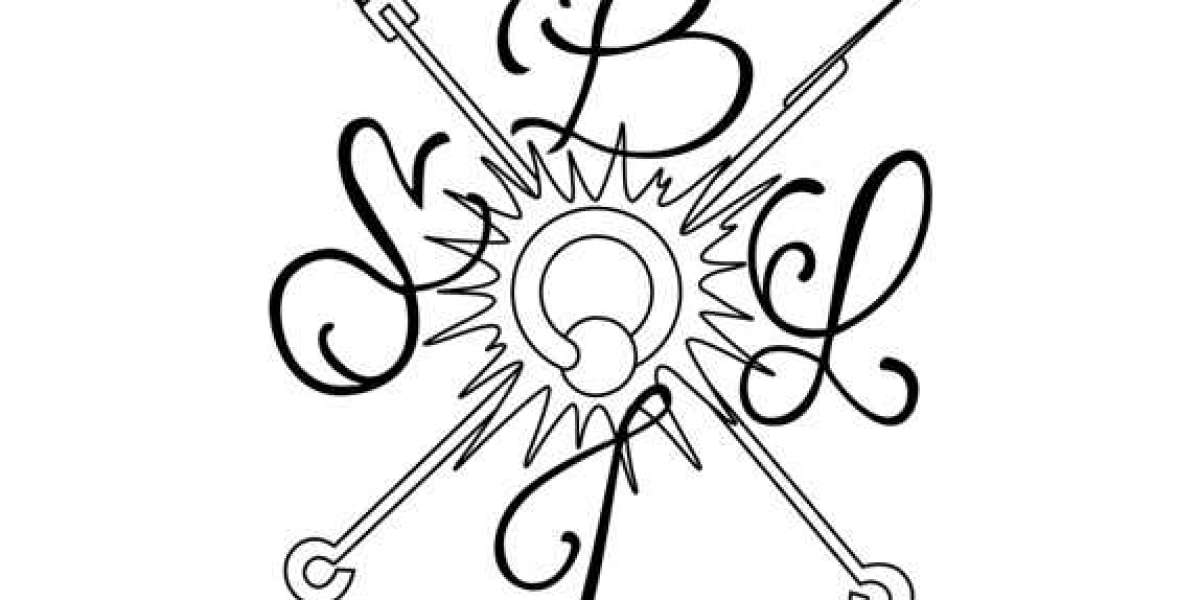Sneezing is a reflex action triggered by the stimulation of the nasal passages. It is a common occurrence and can be caused by various factors such as allergies, irritants, or respiratory infections. When you sneeze, you may have heard the old saying, "Does Your heart stop when you sneeze for a moment." But is there any truth to this statement? Let's unravel the truth about your heart and sneezing.
Contrary to popular belief, your heart does not actually stop when you sneeze. Sneezing is a sudden and forceful expulsion of air from your lungs through your nose and mouth. It involves the contraction of various muscles, including the diaphragm and the muscles surrounding the chest. These muscle contractions create pressure changes in the chest, but they do not affect the beating of the heart.
However, there is a small connection between sneezing and the heart. When you sneeze, the intrathoracic pressure momentarily increases, which can lead to a temporary decrease in blood flow to the heart. This is known as the Valsalva maneuver. The Valsalva maneuver occurs when you forcefully exhale against a closed airway, as happens during a sneeze. It can briefly affect the flow of blood to the heart and cause a slight disruption in the heartbeat rhythm. However, this interruption is typically very brief and does not pose any significant health risks for healthy individuals.
It is worth noting that individuals with certain heart conditions, such as arrhythmias or cardiovascular diseases, may experience more noticeable effects on their heart rhythm when performing the Valsalva maneuver. Sneezing can potentially trigger irregular heartbeats in these cases. If you have a pre-existing heart condition and notice any concerning symptoms or changes in your heartbeat after sneezing, it is advisable to consult with your healthcare provider for further evaluation.
Additionally, sneezing can sometimes be associated with a reflex called the photic sneeze reflex or autosomal dominant compelling helio-ophthalmic outburst (ACHOO) syndrome. This reflex causes some individuals to sneeze when exposed to bright light, such as sunlight. While the exact mechanisms behind this reflex are not fully understood, it is unrelated to the heart's function and does not have any direct impact on it.
In summary, when you sneeze, your heart does not stop. Sneezing involves forceful muscle contractions and pressure changes in the chest, but these do not affect the beating of the heart. The temporary interruption in blood flow during a sneeze is generally harmless for most individuals. However, if you have a pre-existing heart condition or experience concerning symptoms after sneezing, it is always wise to seek medical advice. So, the next time you sneeze, rest assured that your heart is still beating strong, and a simple "bless you" will do just fine!
Read more- what happens if we release sperm daily









